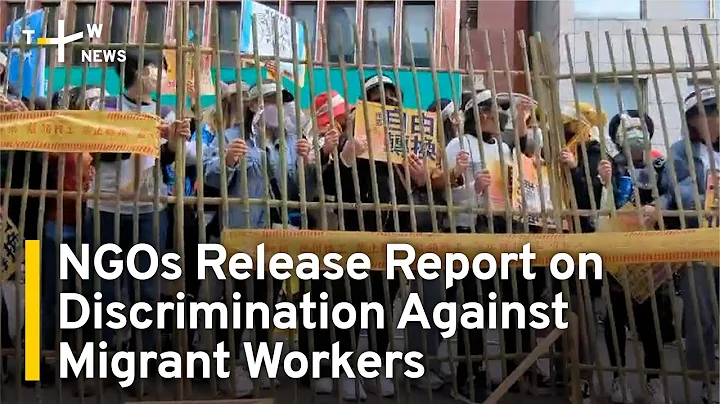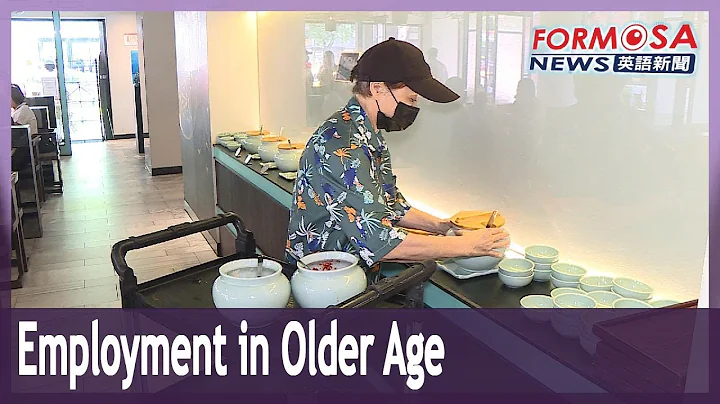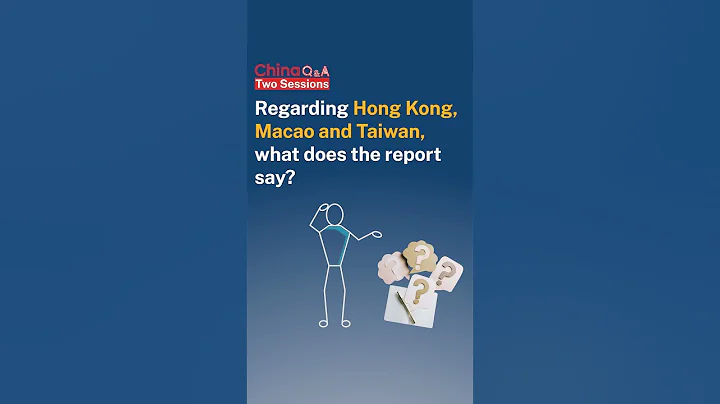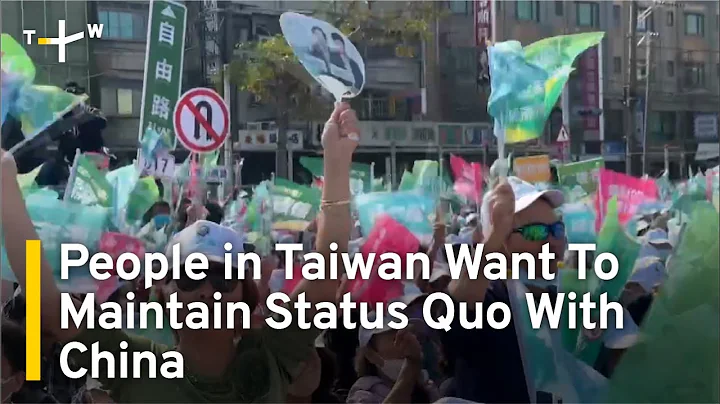monitors the ruling party’s articles, criticisms, discussions, and pictures. Why do people always feel that the effect is limited? Even if the ruling party has declined in the polls, why has the opposition not improved?
Wang Gelei, a Taiwanese online media worker, wrote an article in the "China Times" today and pointed out that recalling many of the DPP's policies when it was in opposition and another when it was in power, such as US pigs, nuclear food, or other policies that the DPP has adopted in the past. The DPP has bravely carried on despite criticism from political parties, such as running for office while running for elections. The opposition parties always criticize the DPP for criticizing that year, but why does it seem that the ruling party has only been depleted and its satisfaction has dropped, but compared with when the previous two leaders completed their six-year term, the polls are still on the higher side. ? This is a question that all opposition parties that want to be in power, including the Kuomintang and the Popular Party, need to ponder.

Many people will explain the possible reasons behind selling " dried mango " ("sense of national subjugation"), the ruling party's coercion and inducement to control the media, dictatorial speech, large-scale foreign propaganda, or epidemic prevention dividends. The author also agrees that these are all The reason why the DPP has been in the upper hand for many years. But if we really want to solve the problem, we need to think about why the DPP dares to use these tactics? Why do these tactics have no counterproductive effect (at least limited, so as not to cause the DPP’s public opinion to collapse)?
These are the reasons why we need to dig deeper. In the author’s humble opinion, the key points why the DPP can be so arrogant are the following two:
1. The daily life perceived by the median voters as “okay” is not Feeling "terrible" and "unbearable". As we all know, voters in the green camp have always been more loyal than voters in the blue camp. This can be seen from the fact that Hsieh Chang-ting still had more than 5 million votes in 2008. Even though the cohesion of green camp voters dissipated due to disappointment from 2016 to 2018, it gathered back after 2019. After that, the island was locked down for epidemic prevention and control, and the cohesion of green camp voters continued to resemble that of the election period.
On the other hand, the number of die-hard blue camp voters is relatively limited, and some of them care most about identifying with the line and spend half of their energy fighting against blue camp politicians who are not unified enough. Expectations for blue camp politicians are also very high. They always believe that the DPP can easily occupy the "Legislative Yuan" when it is in opposition, but the KMT cannot, ignoring the fact that the DPP was escorted by Wang Jinping at the time. The sum of all this, reflected in the public opinion environment, makes "pro-government" public opinion at least equal to "anti-government" public opinion. When the ruling party has an administrative advantage, equality means that the ruling party has the advantage.
As for the middle voters, in recent years, although the DPP authorities have frequently made concessions on issues such as electricity and epidemic prevention, and cross-strait relations have continued to be tense, after all, power is not cut off every day, and most people infected with the epidemic have recovered. Vaccines have also been received, and after all, there is no war between the two sides of the Taiwan Strait. The cross-Strait economic and trade has been hindered because the income of many people is not closely connected with the cross-Strait economic and trade, so the impact is limited.
Under this situation, it is easy to refine a single issue, causing the median voters to be dissatisfied with the DPP, but have little motivation to "anti-government". This situation is reflected in the four items at the end of last year. The "referendum" is the regrettable result that the anti-DPP advantage in the central and northern parts was completely offset by the strong mobilization power of the DPP in the south. The last four "referendums" failed.
Whether you or I like it or not, we must admit the current situation: "Even if the middle voters are not satisfied with the DPP, many people are not dissatisfied enough to be willing to come out and vote."
2. The opposition party is not regarded as "will be more powerful in the future" "Good" alternative. This is another less mentioned factor. Suppose first that the median voters are really dissatisfied with the DPP. In a situation where there are many loyal fans in the green camp and public opinion is guided, it is difficult for the "anti-government" sentiment to be so strong that "it doesn't matter who gets elected, anyway, the DPP will step down first!" "Degree.
Under this situation, the opposition party needs to give people the expectation that "tomorrow will be better" if they follow the opposition party's lead and have different policy lines. Otherwise, why would everyone spend time criticizing the ruling party? The opposition party is not better anyway!
In the past eight years when Ma Ying-jeou was in power, he was indeed very different from the current Democratic Progressive Party on cross-strait, energy and other issues. However, the current opposition party leaders, whether they are members of the People's Party or the Kuomintang, may not necessarily have a clear understanding of these lines. There is an interest in inheritance.However, they seem unable to find other issues to support a vision that the DPP cannot achieve and to find a unique positioning for their own party.
An opposition party without a grand strategy can easily become a "tool man". When the DPP failed to buy the vaccine, you came out to scold it, and the people agreed with your scolding. But after the DPP bought enough vaccines, everyone let the DPP go and did not appreciate the supervision of the opposition party.
It is not easy to deal with the above two major issues, and the answers cannot be discussed in one article. But overall, the opposition party should be committed to improving the quality and quantity of supervision of the DPP, and developing its own party's unique value positioning that is different from the DPP, and convincing the public that "it will be different when I come to power" and "Taiwan will be different when I come to power." Better" and "I can solve problems that the DPP cannot solve when I come to power." Only in this way can political parties change in two or six years. (Xue Yang/Editor)





















